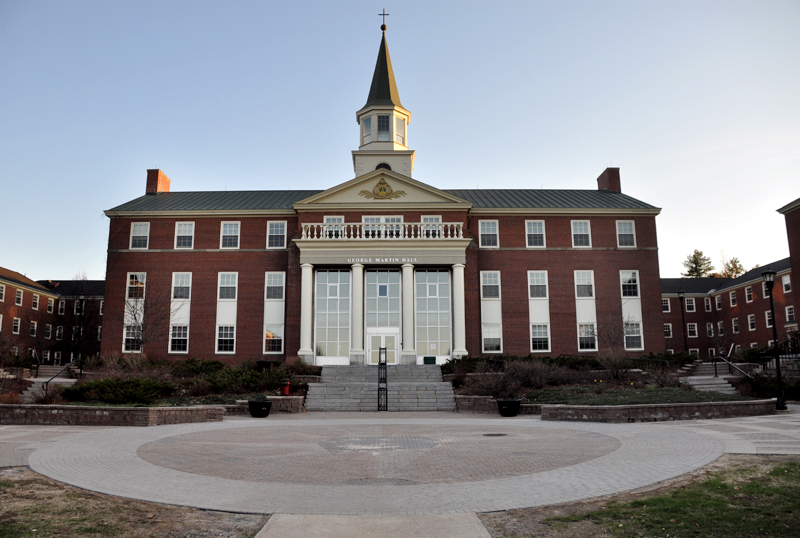
STU full-time students will be receiving a $184 credit on their tuition next month.
New post-secondary education minister Jody Carr announced this morning that STU and the government have reached an agreement concerning the school’s tuition situation.
“We’ve recognized from the provincial government that there is a need to align STU’s reality with the funding mechanism [we use to determine tuition],” Carr said.
Last year, STU raised tuition $484, which was over the governmental cap. The cap was set at $150. The raise will now be reduced to $250 and all full-time students will be credited $184 on their accounts.
STU President Dawn Russell said international students were not affected by the cap, their tuition only went up $150. Tuition also works differently for part-time students so they aren’t included.
The university is also looking to bring tuition closer to the provincial average, which is approximately $6,018 for this school year. The plan was to do this over three years, but now they’ll be doing it over five.
“That means less of a spike for students [since] it’ll be done over a longer period of time,” Carr said. “And STU will still be under the provincial average in tuition.”
Getting more funding to extend the time period was the main thing STU administration put forward during meetings with the government about this issue. Russell said they couldn’t bring tuition closer to the provincial average during a long period of time without additional funding from the government.
What this does, though, is leave STU short on revenue for the start of this plan, Russell said.
To combat this, the provincial government is adjusting the base funding grant they give to STU. The university is getting an extra $225,000 and that will remain permanent.
“STU has been suggesting for quite a long time that they’re under-funded based on their current reality of enrolment,” Carr said.
Enrolment at STU decreased by seven per cent this year.
“We sat down with the president, Dawn Russell, and have recognized that we can make an adjustment to their permanent funding they get from the province,” he said.
Russell said this grant is still lower than she would like.
“But we also appreciate the fiscal situation of the government,” she said.
The extra grant money does not affect funding to any other university, Carr said.
“This extra funding we’ve found through extra government operation, through savings that were able to be found, through underutilization of existing programs and this will able to be provided [so it] won’t impact other universities or existing programs.”
Carr said STU will also be continuously looking for other ways to cut spending, as they’ve been doing in the past.
“So, it’s not all about just getting more money,” Carr said. “We also have to look at how we operate our business and making sure we’re as effective and efficient as possible.”
This agreement was created through a series of meetings between the government and STU since April. Russell said it took a lot of time and energy to get through it.
“I’m relieved to have it resolved because there are so many other priorities and so much other work to be done for the university,” said Russell.
Carr said STU’s tuition issue was lingering over the summer and once he took office Premier David Alward said he wanted it addressed. Carr said it also ties to the government’s commitment for sustainable and predictable tuition for New Brunswick universities.
Russell said she credits both Alward and Carr for getting the issue resolved.
“They certainly wanted to resolve it, I would say. They wanted clarity and so did we.”
STU is not in debt and wants to make sure it doesn’t run a deficit. Russell said this agreement helps ensure that it won’t happen and is a better situation for students than the previous three-year plan.
“We needed to increase our tuition but if we could increase it and bring it closer to the average over a longer period of time, that’s better for our students.”
